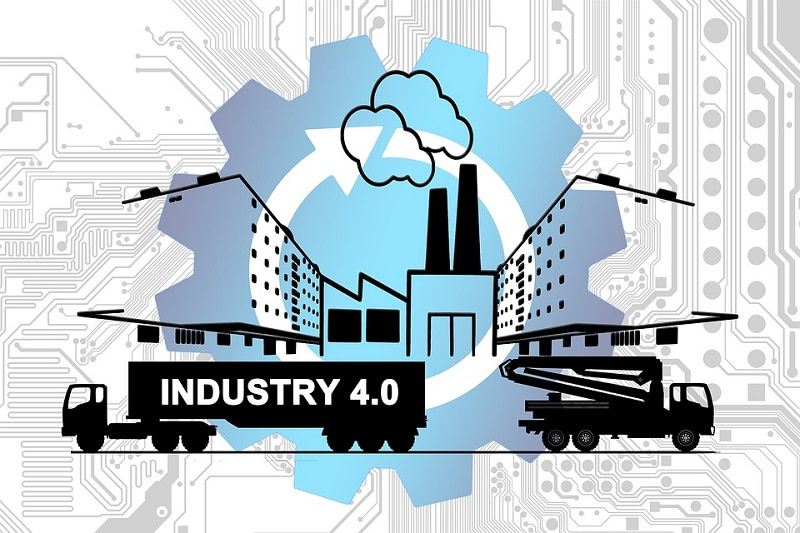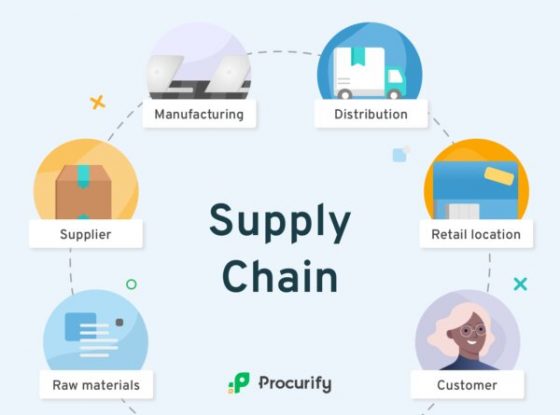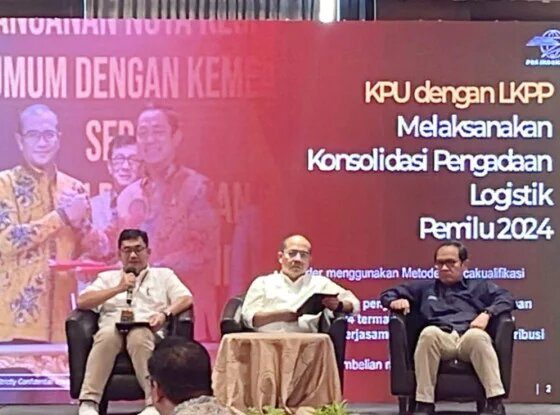Indonesia Pushes for Digital Transformation in Logistics

Indonesia’s Ministry of Industry continues to push for supply chain and logistical transformation towards digital technology-based industrial sectors.
According to a recent press release, these digital technologies include Internet, IT standards, data analytics, cloud, blockchain, robotics, and automation.
Logistics Digital Transformation in Indonesia
- These digital technologies aim to improve the efficiency of logistics costs, reduce administrative costs, and eliminate the costs of moving physical documents across international borders.
- According to the Ministry’s Secretary General, transformation to digital-based logistics is very much needed given the social trends and changes in business patterns in the digital era.
- The transformation of supply chain management and logistics based on the Logistics 4.0 platform will drive changes in methods and ways of exchanging data between logistics ecosystems, which will make it more efficient.
- Converting from bilateral data exchange to a digital platform will improve on the security as well as provide easy access to end-to-end supply chain information.
- Additionally, Logistics 4.0 will boost the authenticity and immutability of digital documents, enhance ecosystem collaboration and trust in workflow across organisations.
- The Ministry hopes that stakeholders in the logistics ecosystem will collaborate in order to develop Indonesia’s Logistics 4.0 platform based on blockchain, cloud, big data, and the Internet of Things (IoT).
- This will help increase the smooth flow of materials like goods and services, financial flows, and effective digital information flow.
- A joint commitment among Indonesian logistical stakeholders and as well as the preparation of a concrete action plan in the form of a pilot project are strongly urged
Benefits of Logistics Digital Transformation
The transformation is expected to reduce Indonesia’s logistics costs, which currently reach approximately 24% of the Gross Domestic Product (GDP).
The targeted reduction in logistics cost is by 13.5% of the GDP of the industrial sector. With the decrease in logistics cost, it is hoped that competitiveness will increase.
Moreover, it is also expected to improve Indonesia’s logistics performance index, which is currently still below other Asian countries such as Vietnam, India, and China.
Other Initiatives
The Indonesian government had launched the Making Indonesia 4.0 initiative in 2018 with the vision of making Indonesia a part of the world’s top 10 economy by the year 2030.
The government has established five priority sectors for Making Indonesia 4.0. These are:
- Food and beverage
- Textiles and clothing
- Automotive
- Chemical
- Electronics
The five sectors are still facing logistical problems, particularly in the efficiency and transparency of end-to-end supply chains.
To address these issues, the government has set an agenda to improve the material flow in the Making Indonesia 4.0’s priorities.
The government will also map technology needs, which will enable end-to-end traceability, transparency and accountability.
Source : opengovasia.com



